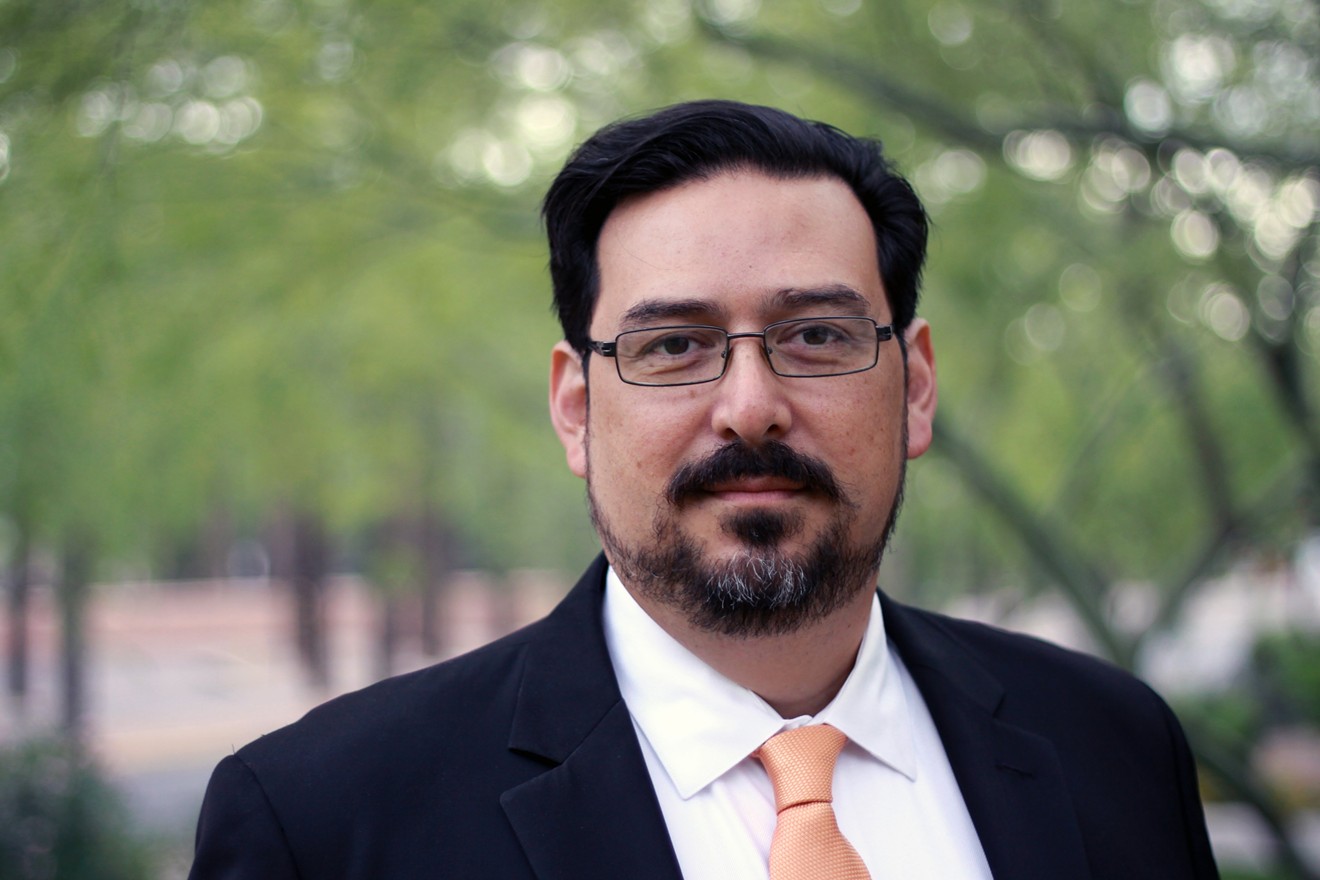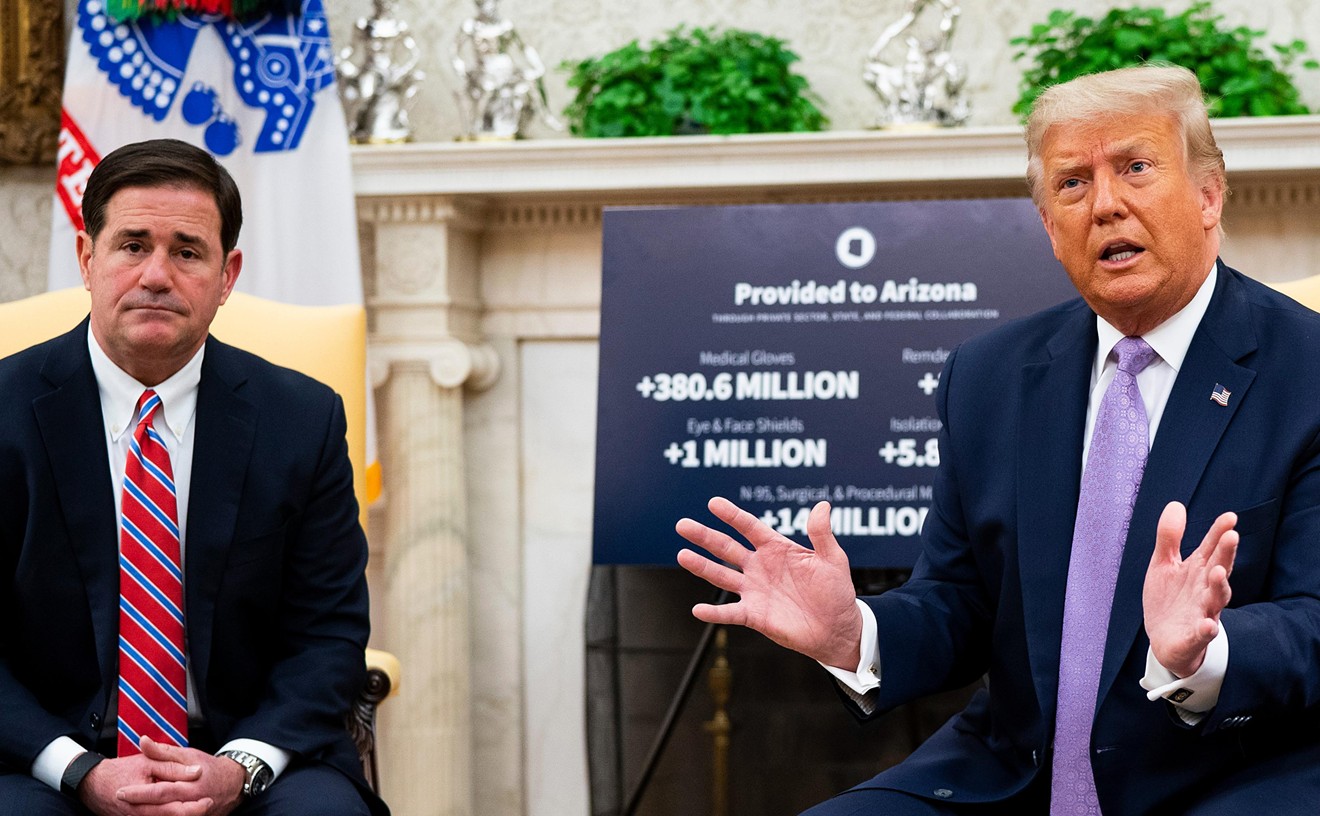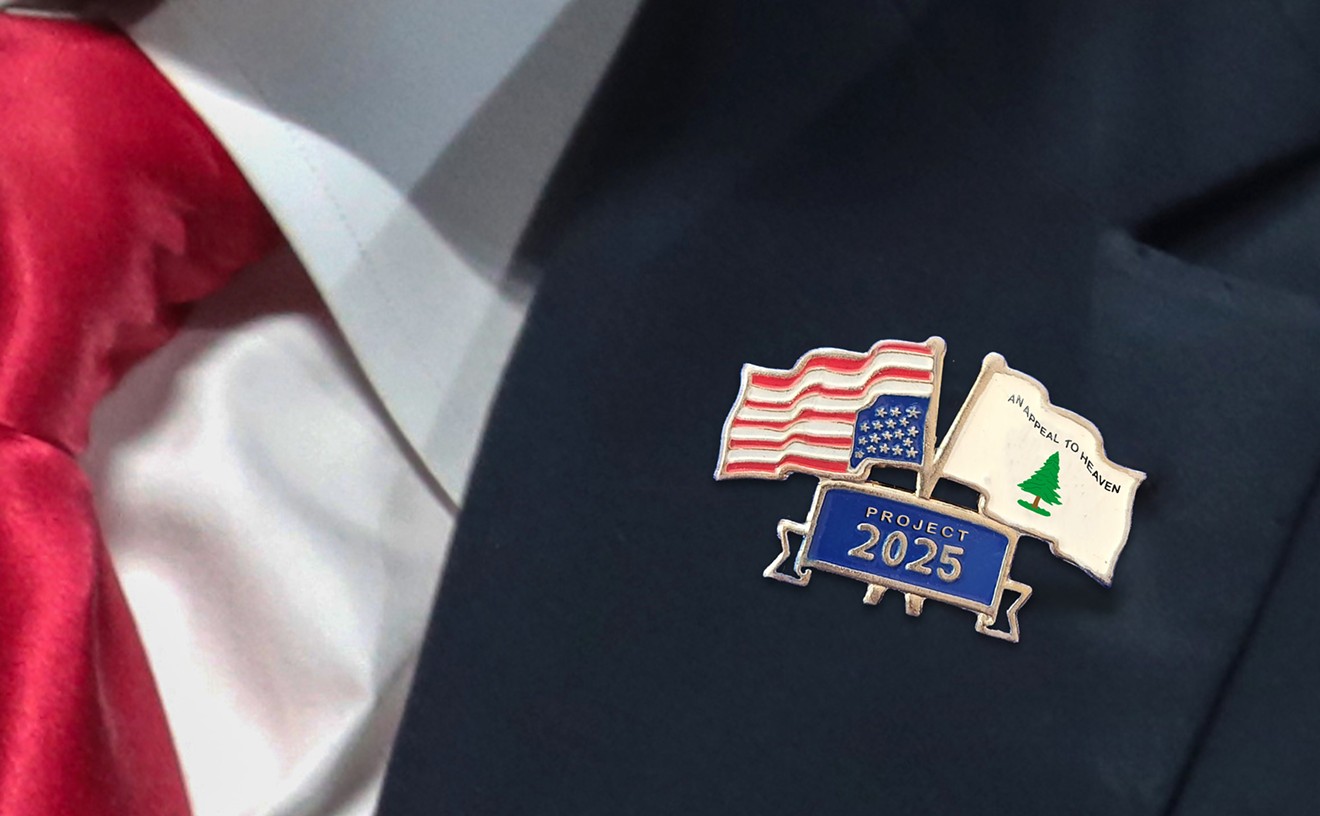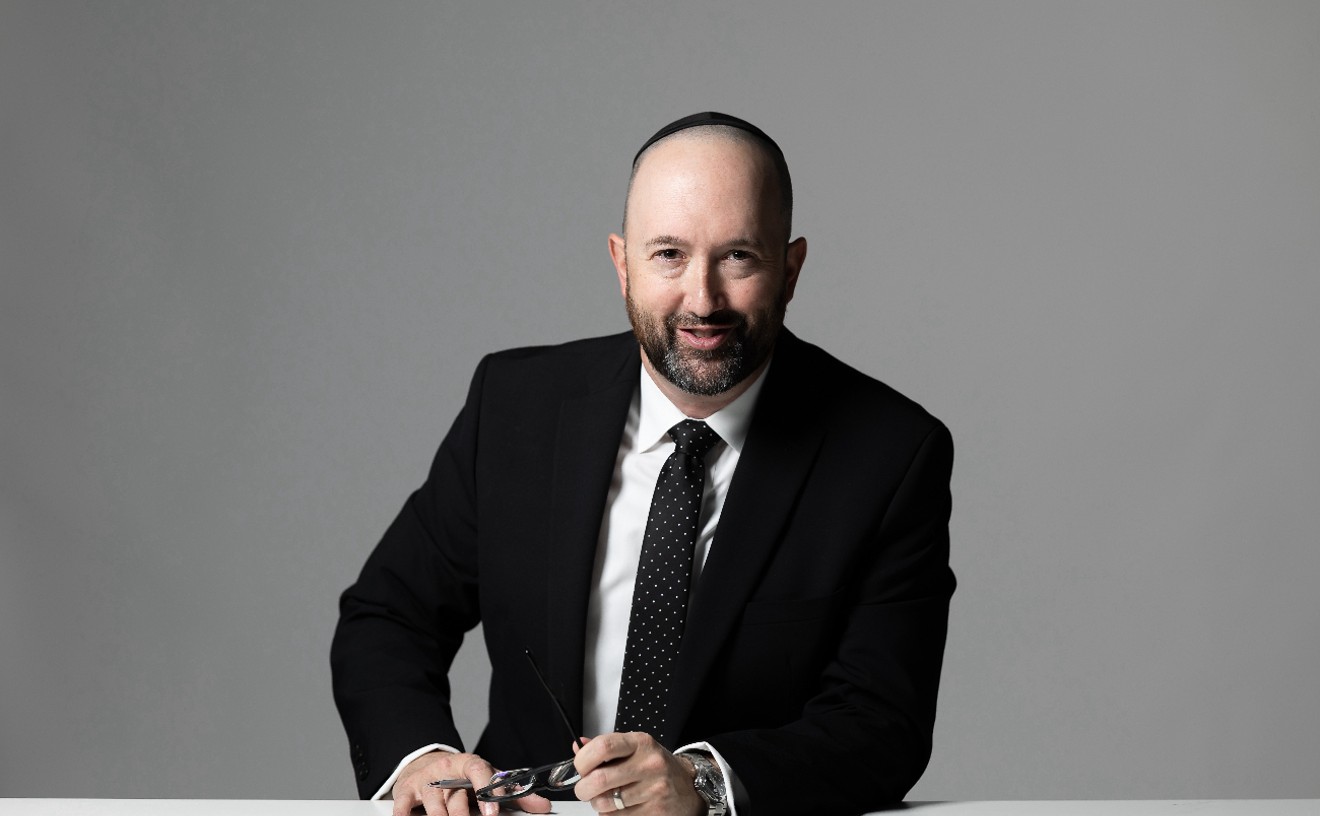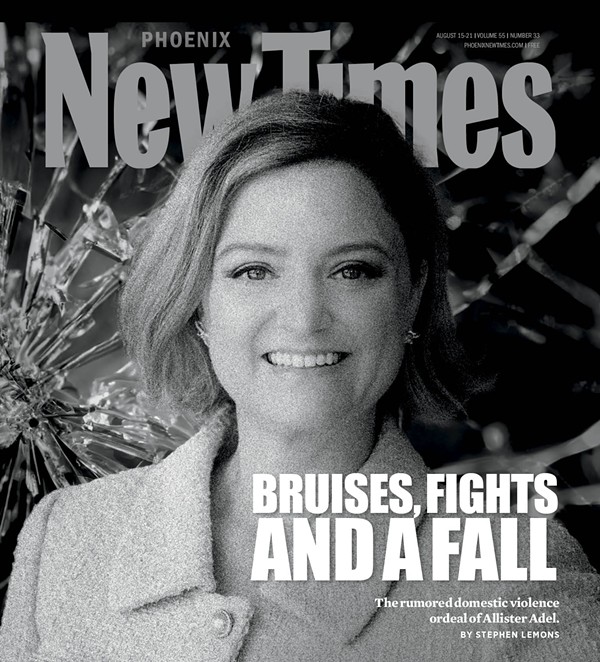Contrary to claims of rampant voter fraud that one might have read on the internet or heard from Republicans since the elections in November, the state Attorney General's Office has prosecuted no more than 20 people for the crime in the last decade.
The real issues with voting in Arizona stem from efforts by state leaders to suppress voters' access to the ballot, civil rights groups say.
Nevertheless, a line in the Republican-proposed budget, which passed the House Appropriations committee Wednesday and heads to the floor for debate on Thursday, calls for more than $500,000 to address voter fraud.
According to the office of Attorney General Mark Brnovich, a Republican, the public perception of pervasive voter fraud is a problem that it can help fix. That's one of the reasons it proposed the unit and started discussing the idea with legislators, said spokesperson Ryan Anderson.
"We're not starting from the premise that there is fraud," said Anderson. "We’re saying, if there is fraud, let’s devote the resources to look at it, expose it, and prosecute as proper. If there's not fraud … let’s look into the allegations and shoot down allegations if the proof is just not there."
The "voter fraud unit," which the Attorney General's Office wanted to call an "elections integrity unit," would be housed in the office's criminal division. The office would hire four people to run it: a senior attorney, a support staffer, a sworn officer, and a senior auditor.
The unit would develop a complaint process where people could report "credible allegations" of fraud in any election in Arizona, from the local to the state level. It would publish its findings annually, Anderson said. During the off-season, staff would work on non-voter-fraud cases.
He disputed the notion that the proposed unit is a half-million-dollar solution in search of a problem.
"I would argue, that even if the unit finds there is no fraud, that that is a worthwhile investment, because I think the public needs to have confidence in our institutions,” Anderson said. To date, the Attorney General's Office has not found "any evidence or proof of widespread fraud," he added.
The idea originated with that office, but in January, as people there began talking to lawmakers like Republican Representatives Warren Petersen and Kelly Townsend, it turned out there was interest among legislators, Anderson said. The office had spoken with Democratic lawmakers, too, although he didn't name names.
In November, President Donald Trump and the Arizona Republican Party stoked unfounded allegations of election fraud in the state. Without any evidence, the GOP accused Maricopa County Recorder Adrian Fontes, a Democrat, of "premeditated destruction of evidence." Conservative commentators promulgated those claims, saying that illegal ballot-harvesting had taken place.

Before running for office, Adrian Fontes worked as a lawyer and moonlighted as a mariachi.
Aaron Abbott
But the few cases of voter fraud that Arizona Attorney General's Office has prosecuted have looked nothing like those claims. Mostly, they were "middle-class registered voters" who had double-voted, according to Anderson.
Darrell Hill, policy director for the American Civil Liberties Union of Arizona, said that the actual problem in Arizona elections is voter participation. The state has a long history of enacting vote-suppressing legislation, such as voter identification laws, that disproportionately affect minority communities and can prevent qualified citizens from voting.
"Under the guise of fighting 'voter fraud,' the Governor and his allies in the legislature have limited voters' access to democracy by passing onerous voter ID laws, seeking to purge the permanent early voter list, and attempting to restrict access to the ballot initiative process to stop citizen-led efforts," he commented via email.
Most recently, in March, Arizona Governor Doug Ducey signed a law requiring voters to show state-issued identification (or two utility bills) during early voting. Arizona already requires voters to show proof of citizenship in order to register to vote in state and local elections; if they don't, they can vote only in federal elections.
The $530,000 requested in the budget would not come from taxpayers, but from the Consumer Protection-Consumer Fraud Revolving Fund at the Attorney General's Office. That account receives about $7.2 million in funding each year from legal settlements, according to Anderson.
Murphy Hebert, spokesperson for the secretary of state, said that her office hadn't been consulted about the proposed unit, and so she couldn't offer comment.
"If this is adopted, we certainly intend on getting their input," said Anderson.

